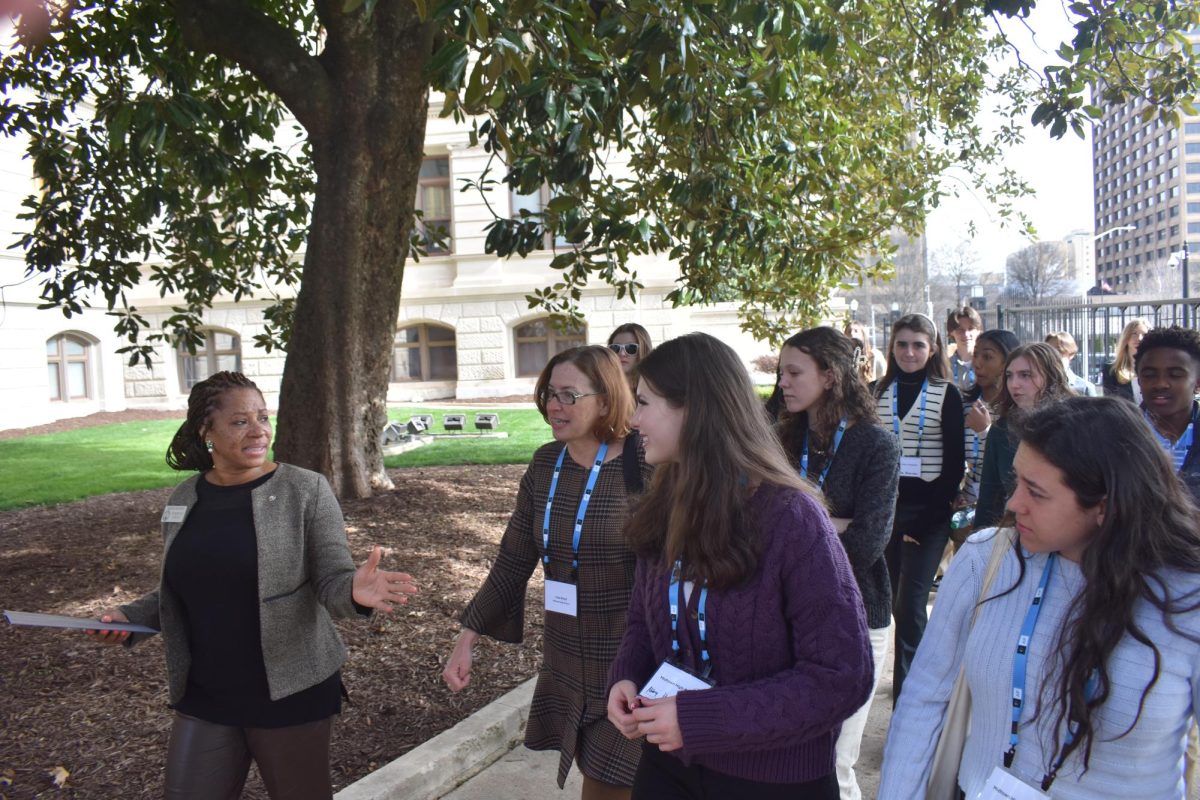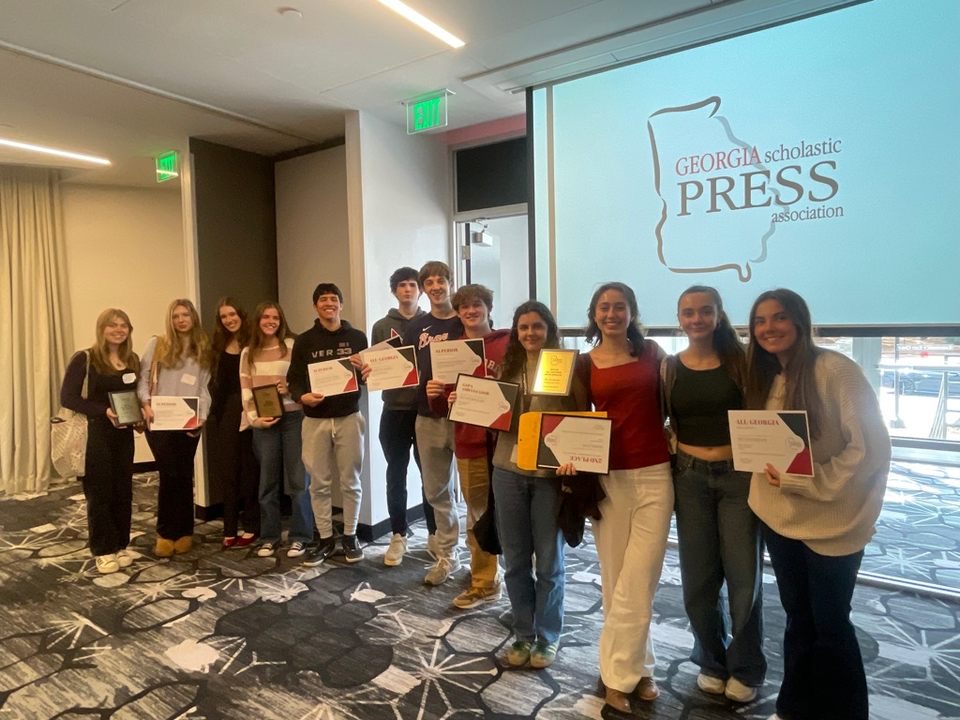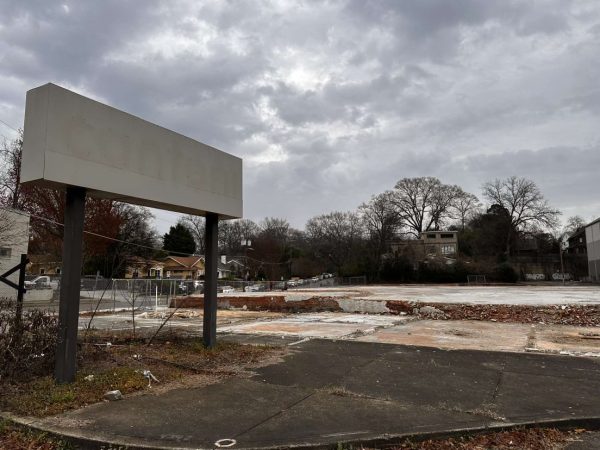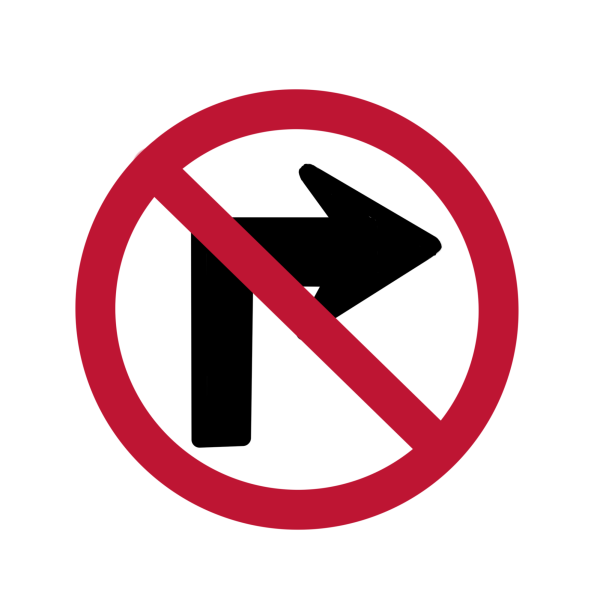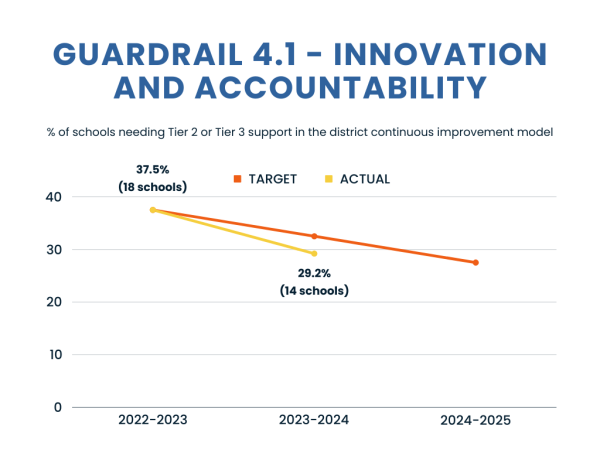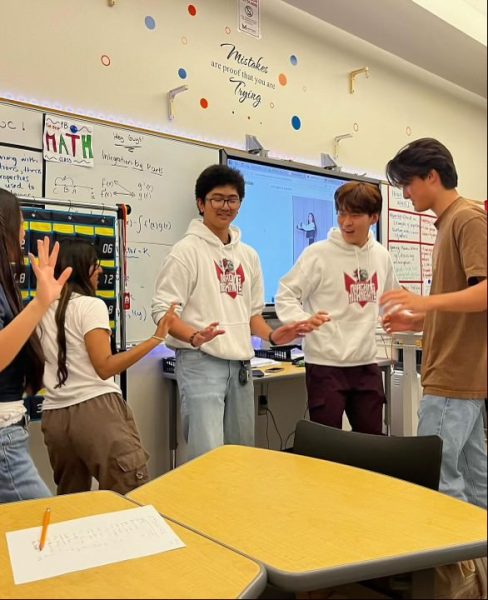Trump uses term “Chinese Virus” amid criticism
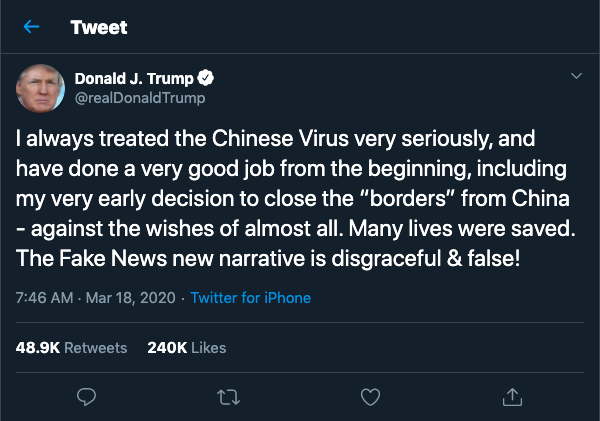
A March 18 tweet by President Donald Trump called the coronavirus the “Chinese Virus”, a name groups like Amnesty International consider problematic.
March 26, 2020
President Donald Trump referred to the coronavirus as the “Chinese Virus” in tweets and press briefings, prompting critical responses from those who viewed the term as xenophobic.
The coronavirus is thought to have begun in December in Wuhan, China, and has since spread to nearly every continent, infecting nearly 500,000 people as of March 26. Italy, one of the counties hit the hardest, reported more than 70,000 cases as of March 26.
Freshman Haven Li, who is half Chinese, thought Trump’s use of the term failed to acknowledge “the prominence of the virus in Europe” and only targeted Chinese people.
“I think it was disgusting and inexcusable,” Li said.
Li believes the term encourages xenophobia, dislike of people from other countries, in the U.S. Since the outbreak, Li said she’s noticed an increase in anti-Asian “jokes” or comments among her peers.
One friend told Li that if she coughed, “it’s over for the rest of us.”
“It kind of hurts a little bit,” Li said. “I feel kind of disrespected in that situation, and I feel it takes a blow for the entire Asian-American population.”
Senior Sarah Likins has noticed similar behavior since the outbreak. Her family is Korean, but she was born in Dallas, Texas. While perusing the aisles of a Whole Foods supermarket, she recalled feeling judged because of her ethnicity.
“I coughed because I had something in my throat,” Likins said. “And this white couple who was walking towards me, looked at me, looked at each other and then turned the other way.”
Earlier this month, Likins said she and her family avoided travel for fear of discrimination in airports.
There have been recent reports of Asian people being attacked in both the U.S. and abroad. On March 17 in New York City, a 59-year-old Asian man reported being pushed to the ground by a teenager, who yelled “F*****g Chinese coronavirus.” Another Asian woman in New York reported being slapped and asked “where is your corona mask.” In the UK, The Guardian reported Chinese students returning home for fear of increased racist “maskaphobia”. A Singaporean student living in London was kicked, punched and told “I don’t want your coronavirus in my country.”
Mariya Parodi, senior press officer for Amnesty International USA, said the organization has been aware of increased xenophobia since the coronavirus began to spread.
She said the Trump administration’s reference to the virus as the “Chinese Virus” is “very worrisome,” and that racist targeting against Asians leads to “a lot of misinformation, a lot of racial profiling, in some cases physical attacks.”
Li said racism against Asian people is nothing new.
“I think the issue is that there’s a lot of caucasian people who are joking about [it], and I think if it had originated in Europe, then there wouldn’t be as many instances [of offensive jokes],” Li said.
Social media has perpetuated the issue. Both Li and Likins said they noticed “jokes” about people wanting to stay away from Asians, who are represented as “dirty,” a perception Likins said has been “exacerbated” by coronavirus panic.
Junior Sechan Tak, who is second generation Korean, said he “expects” racism against the Asian community because President Trump called coronavirus the “Chinese virus.” He said he hadn’t experienced racism at school, but he had heard “Asian jokes.” He said he didn’t often find them personally offensive because of “how stupid they are.”
However, people nationwide are taking offense to President Trump’s terminology. At a White House press conference on March 18, PBS Newshour White House correspondent Yamiche Alcindor asked the president if saying “Chinese virus” might target Asians, to which he responded, “No, not at all. I think they probably would agree with it 100%.”
Parodi, who says Amnesty International is encouraging the spread of accurate information, encourages the White House to remove blame from the Asian community.
“Racism is never acceptable,” Parodi said. “It’s up to the government to make sure that accurate information is being funneled out there, and not to fuel it even more by using racist or xenophobic terms.”






